Why The Internet Of Medical Things (IoMT) Will Start To Transform Healthcare
2 July 2021
Even though the healthcare industry has been slower to adopt Internet of Things technologies than other industries, the Internet of Medical Things (IoMT) is poised to transform how we keep people safe and healthy especially as the demand for solutions to lower healthcare costs increase in the coming years. The IoMT can help monitor, inform and notify not only care-givers, but provide healthcare providers with actual data to identify issues before they become critical or to allow for earlier invention.
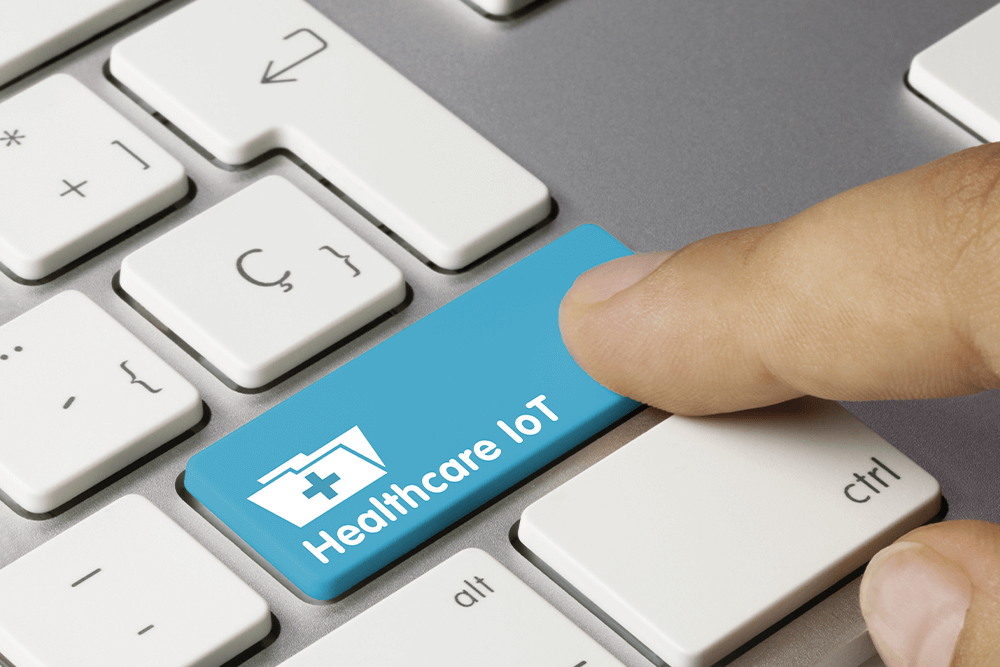
Dramatic Growth in IoMT Devices Predicted
A report by Allied Market Research predicts that the IoT healthcare market will reach $136.8 billion worldwide by 2021. Today, there are 3.7 million medical devices in use that are connected to and monitor various parts of the body to inform healthcare decisions. The Internet of Medical Things refers to the connected system of medical devices and applications that collect data that is then provided to healthcare IT systems through online computer networks.
There are several realities that have enabled this dramatic growth including the accessibility of wearable devices and the decreasing costs of sensor technology. Now that most consumer mobile devices are equipped with Near Field Communication (NFC) and Radio Frequency Identification (RFID) tags, they can communicate with IT systems. In addition, the rates of chronic diseases are on the rise and the demand for better treatment options and lower healthcare costs makes it more appealing to dabble with new innovations that could provide better healthcare outcomes and efficiencies. High-speed internet expansion and access, as well as favourable government regulatory policies, have also contributed to the growth of IoMT adoption.
Aging World Population Will Continue to Burden the Healthcare System
The IoMT might be the silver bullet for our communities to address a burdened healthcare system that will only be under more stress as our population continues to age. By 2025, 1.2 billion of the 8 billion people on earth will be elderly; equivalent to the population of India. Elderly people tend to have more healthcare issues, therefore increasing costs. So, as life expectancy rises, it is expected that healthcare costs will follow suit.
IoMT can provide a better way to care for our elderly and has a tremendous potential to help deal with the rising costs of care. IoMT devices can help track vitals and heart performance, monitor glucose and other body systems, and activity and sleeping levels. Seniors often forget to take their prescribed medication on time, and IoMT devices can help remind them to take it and document what time they took medication. Additionally, portable diagnostic devices can make routine blood and urine tests easier on our aging population—a group of individuals where mobility is more challenging and who need to complete these tests more frequently than for younger patients. Portable diagnostic devices can analyse and report the findings of these tests without requiring a visit to the doctor’s office. There is a lot of opportunity for IoMT things to help remote caregivers ensure the safety of their loved ones with wearable devices that learn the regular routines of the person who wears the device and can issue a warning if something seems amiss as well as alert if seniors have breached their boundaries which is often of concern for memory-care patients.
Adhering to Doctor’s Orders
While you might think that IoMT would help diagnose patients, currently the biggest use—and impact—of IoMT is to ensure adherence to doctor’s orders. IoMT isn’t intended to replace healthcare providers but to provide them with the data gathered from devices for better diagnoses and treatment plans as well as to reduce inefficiencies and waste in the healthcare system. Healthcare facilities also currently use the Internet of Things to help with workflow optimisation, inventory management and medical device integration.
A connected medical device provides objective reporting of actual activity, whereas without its reporting providers must rely on subjective patient reports to detail how they feel. Similarly, IoMT devices help to monitor patient behaviour and activity away from the office, so the provider will have actual data to refer to regarding compliance to patient therapy recommendations and what transpires after a patient leaves a medical facility.
There are some connected devices that allow internal surveillance in a way that’s never been available before and smart technologies added to medical devices such as pacemakers. This helps a medical team monitor the progression of a disease and learn things that could impact future care guidelines and patients.
From creating customised pharmaceuticals to determining care guidelines based on the unique biological systems of a particular patient, IoMT opens the door to more personalised healthcare for each individual.
As the number of connected devices increases IT systems will need to determine how to handle the data load securely. In order for the IoMT things to truly be transformative, healthcare organisations will need to figure out how to turn all the data it collects into insights that can inform action. While the momentum of this transformation is increasing, it will require hospital administrators, manufacturers and vendors to work together to drive healthcare’s cultural metamorphosis.
Related Articles
Sex And Intimacy In The Generative AI Era
Sex and technology have long been intertwined – millions of us use dating apps to find partners, and some of the earliest commercial online activity revolved around pornography.[...]
Generative AI Sucks: Meta’s Chief AI Scientist Calls For A Shift To Objective-Driven AI
In a landscape where generative AI is hailed as the frontier of technological innovation, Yann LeCun, Chief AI Scientist at Meta, presents a contrarian viewpoint that challenges the status quo.[...]
Instacart Harnesses Generative AI To Revolutionize Grocery Delivery Experience
Grocery delivery and pickup service Instacart is not shy about adopting new technologies. So, it makes sense that the company has embraced generative AI across the business.[...]
Responsible AI: Why Privacy Is An Essential Element
Today, people often talk about “responsible” AI use, but what do they really mean?[...]
The Amazing Ways IKEA Is Using Generative AI
Global furniture retailer IKEA has long been at the forefront of tech-driven retail innovation.[...]
Generative AI Is Coming To Your Home Appliances
Across all industries, organizations are rapidly embracing generative AI. Among them, makers of home appliances like fridges and ovens.[...]
Sign up to Stay in Touch!
Bernard Marr is a world-renowned futurist, influencer and thought leader in the fields of business and technology, with a passion for using technology for the good of humanity.
He is a best-selling author of over 20 books, writes a regular column for Forbes and advises and coaches many of the world’s best-known organisations.
He has a combined following of 4 million people across his social media channels and newsletters and was ranked by LinkedIn as one of the top 5 business influencers in the world.
Bernard’s latest book is ‘Generative AI in Practice’.





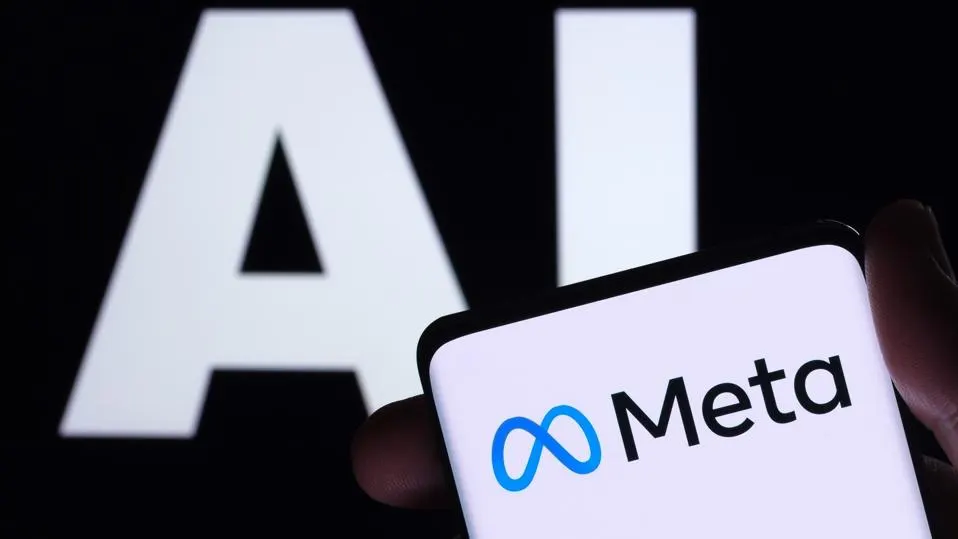
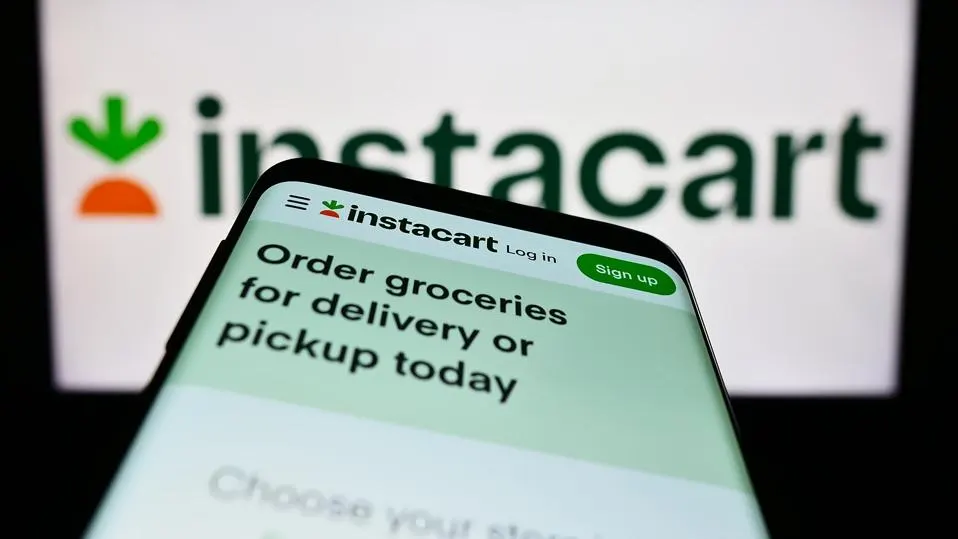
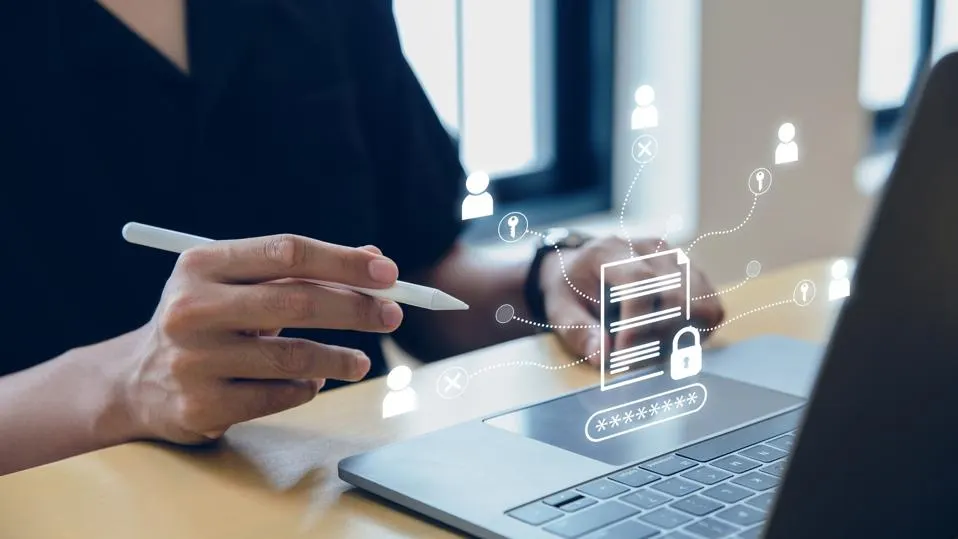
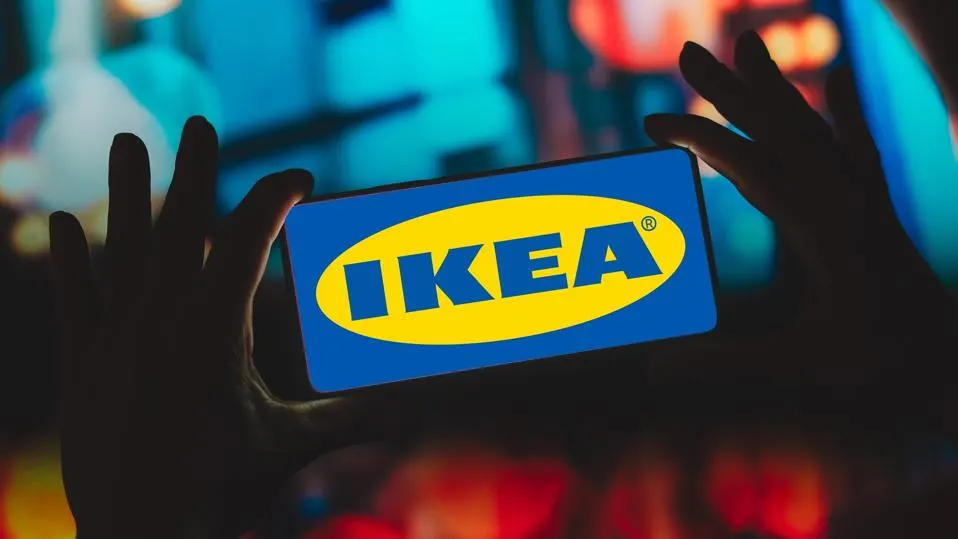

Social Media